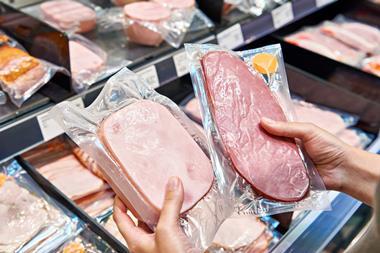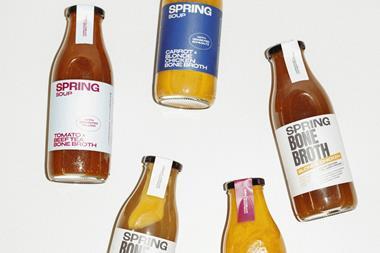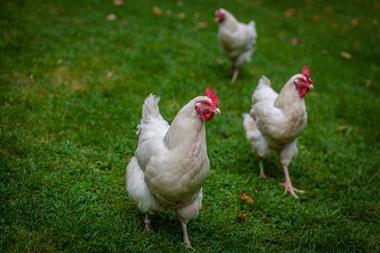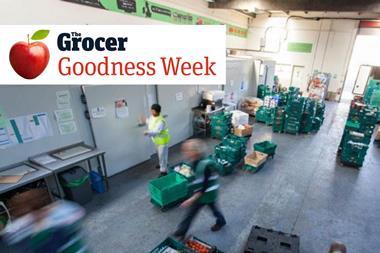Consumers and livestock farmers are both hoping to benefit from a plan to close up to 25% of Ireland's meat processing capacity.
The plan was mooted four years ago but has only just been given the green light by the High Court in Dublin, after a lengthy legal battle with competition watchdogs, who claimed the move would lead to higher beef prices.
Judge Liam McKetchnie rejected that stance, ruling that "no credible evidence" had been produced. He acknowledged the industry was "in survival mode".
The original plan emerged from negotiations between the Republic's 40 processing plants, and aimed to tackle chronic overcapacity. It envisaged a special levy on each animal slaughtered in Irish plants to fund a compensation scheme for processors willing to quit. Four years on, those details will have to be renegotiated, and Meat Industry Ireland is anxious to get talks under way.
Executive Cormac Healy warned: "Given developments at the world trade talks and the beef import challenge from South America, we have to tackle overcapacity and improve efficiency if we are to survive. This is in everyone's interest. There are upstream and downstream benefits from a processing sector operating at maximum efficiency."
Irish retailers welcomed any potential reduction in production costs. And farm groups are also looking forward to the streamlining, which they feel could lead to improved prices.
But a spokesman for the 80,000-strong Irish Farmers' Association warned: "We want to make it clear we won't foot any compensation levy - that has to be paid by the processors."
Some commentators believe that the decision sets a precedent for a similar rationalisation of the Irish dairy sector and also for beef in Northern Ireland and on the UK mainland.
The plan was mooted four years ago but has only just been given the green light by the High Court in Dublin, after a lengthy legal battle with competition watchdogs, who claimed the move would lead to higher beef prices.
Judge Liam McKetchnie rejected that stance, ruling that "no credible evidence" had been produced. He acknowledged the industry was "in survival mode".
The original plan emerged from negotiations between the Republic's 40 processing plants, and aimed to tackle chronic overcapacity. It envisaged a special levy on each animal slaughtered in Irish plants to fund a compensation scheme for processors willing to quit. Four years on, those details will have to be renegotiated, and Meat Industry Ireland is anxious to get talks under way.
Executive Cormac Healy warned: "Given developments at the world trade talks and the beef import challenge from South America, we have to tackle overcapacity and improve efficiency if we are to survive. This is in everyone's interest. There are upstream and downstream benefits from a processing sector operating at maximum efficiency."
Irish retailers welcomed any potential reduction in production costs. And farm groups are also looking forward to the streamlining, which they feel could lead to improved prices.
But a spokesman for the 80,000-strong Irish Farmers' Association warned: "We want to make it clear we won't foot any compensation levy - that has to be paid by the processors."
Some commentators believe that the decision sets a precedent for a similar rationalisation of the Irish dairy sector and also for beef in Northern Ireland and on the UK mainland.



















No comments yet